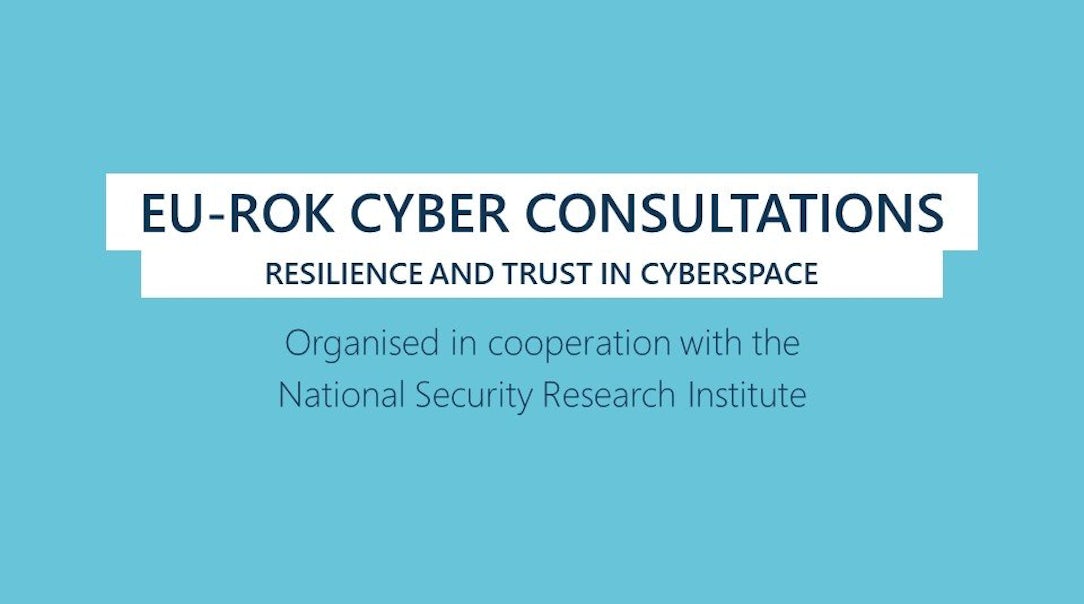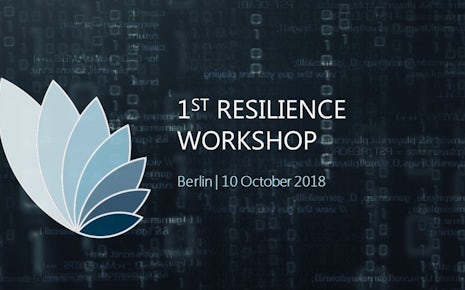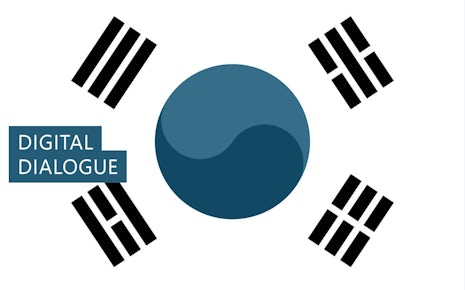Cybersecurity has become a critical aspect of successfully managing the economic, political and societal repercussions of the COVID-19 pandemic. The pandemic underscored the benefits of digital technologies but also amplified societies’ vulnerabilities to the malicious use of cyberspace from phishing and malware distribution campaigns to distributed denial-of-services attacks. Criminals and other malicious actors have efficiently exploited the crisis-induced digital vulnerabilities in home networks and critical infrastructures, including hospitals and medical research institutions, to pursue their commercial and political goals.
The European Union (EU) and the Republic of Korea (ROK) have recognised the need to address the immediate and long term cybersecurity challenges by enhancing cybersecurity resilience and intensifying international cooperation, including at the bilateral level. Both sides established a Joint Committee on Scientific and Technological Cooperation already in 2007 and a Cyber Dialogue in 2013, institutionalizing working level collaboration on digital economy and foreign and security issues respectively. In 2020, the conversation can build on this existing institutional setting to achieve targeted results for greater resilience and trust in cyberspace. To this end, the EU Cyber Direct project and the National Security Research Institute (NSR) have joined forces to organize the Track 1.5 EU-ROK Cyber Consultations 2020.
The consultations seek to create a trusted space to:
(1) enhance mutual understanding of the evolving cyber diplomacy postures in the EU and the ROK with regard to CBMs, critical information infrastructure protection, 5G and cybercrime;
(2) identify convergences in the diplomatic positions on ongoing cyber-related international processes;
(3) build bridges between multiple stakeholders in European and South Korean cyber diplomacy by including non-governmental voices in the governmental norms-building processes.
As the consultations will take place in parallel to ongoing negotiations at the United Nations (UN) Open-Ended Working Group (OEWG) and the UN Group of Governmental Experts (GGE) on Developments in the Field of Information and Telecommunications in the Context of International Security, they will offer an opportunity to exchange views on how to best create a sustainable and inclusive global dialogue on a normative framework on responsible state behaviour in cyberspace.
- Follow us on Twitter @EUCyberDirect
- Join the conversation on cyber diplomacy on Twitter using #EUCyber



